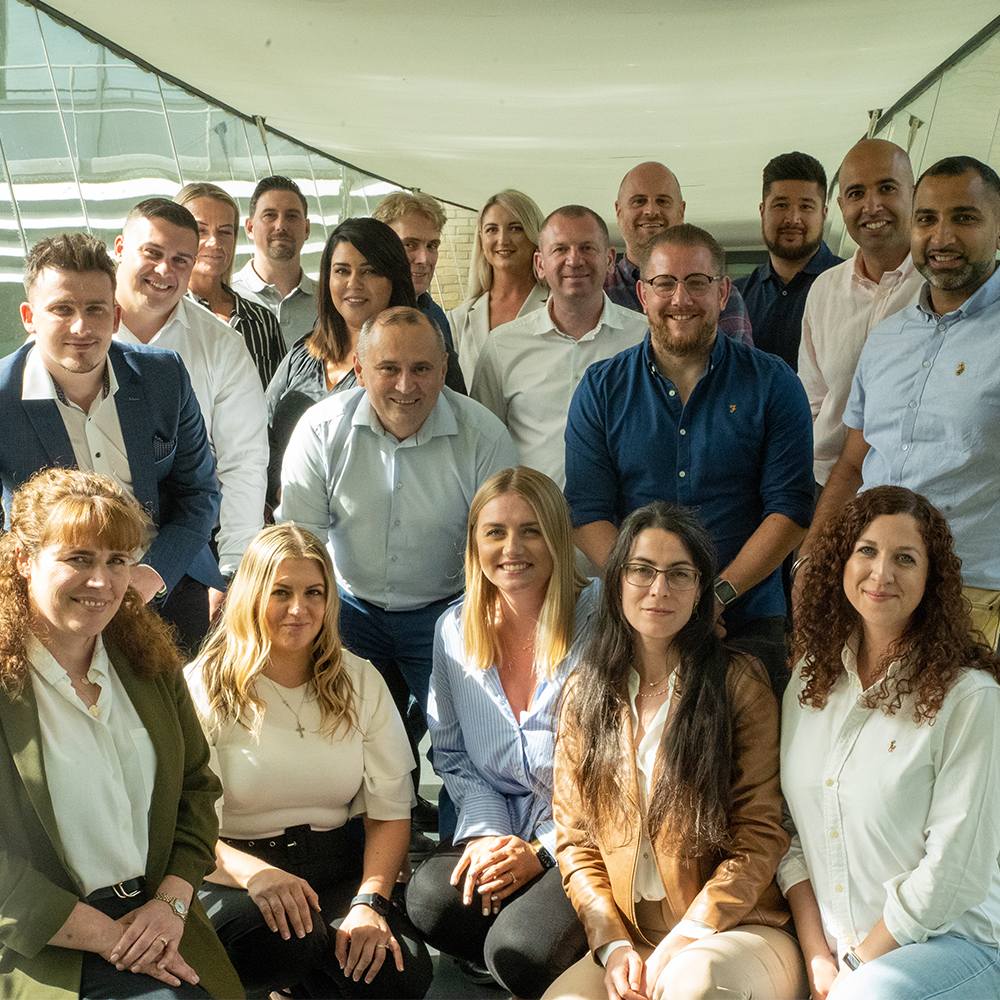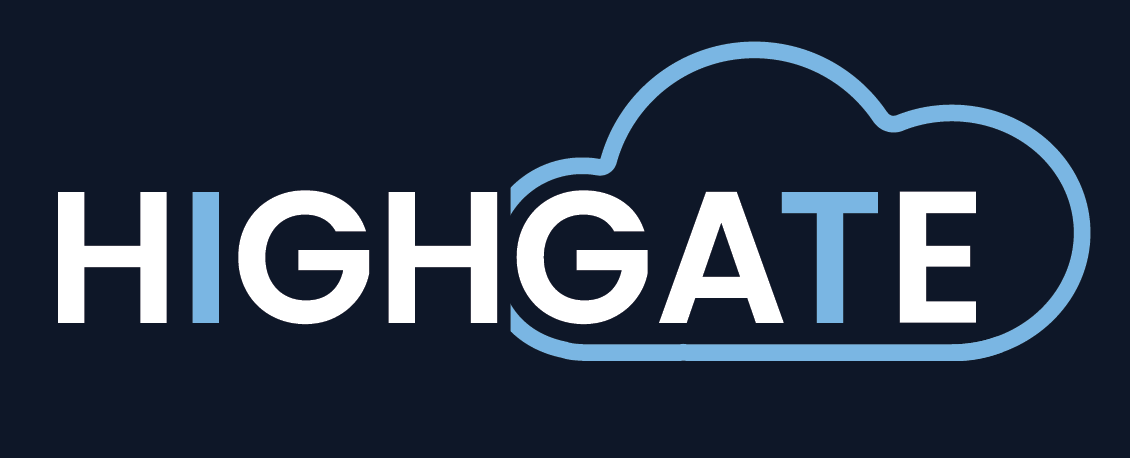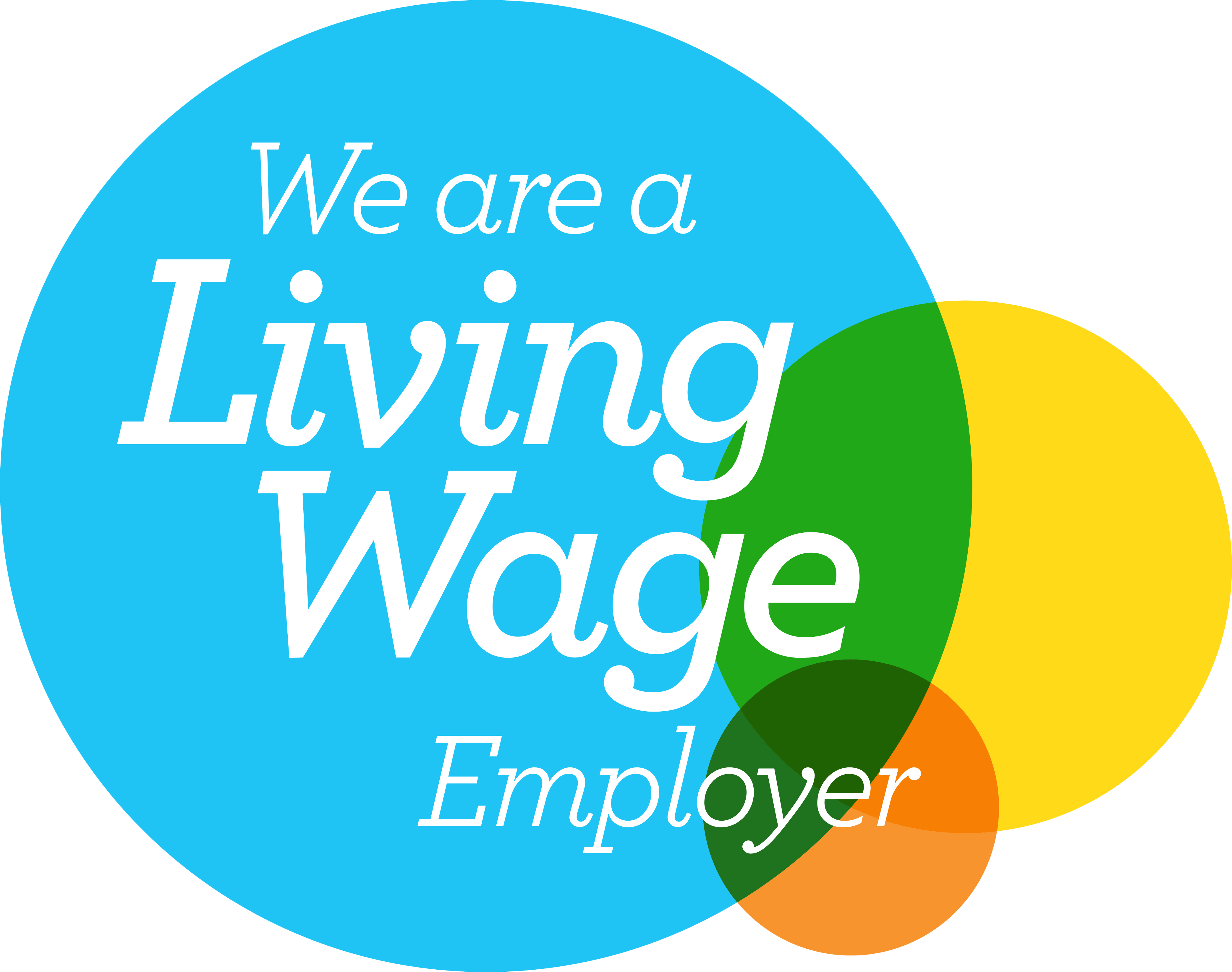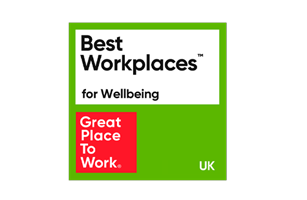
On 1st April this year, Highgate began their 4-day work week trial. They were the first (and remain the only) organisation in the IT channel to make this change. Today they have announced, following a successful trial period, that they will be making it a permanent change!
Adopting the 100:80:100 working model, Highgate committed to pay employees 100 per cent pay, for 80 per cent of time, in return for 100 per cent productivity. Highgate continued to remain operational five days a week, using an established buddying system to ensure all work was covered and service levels were met.
At the start of the trial, Sales Director Bob Sahota explained “The last two years have been challenging for lots of us in many ways. It has provided us with new perspectives on life and emphasised the importance of two key areas: employee wellbeing and the value of time. For me, Highgate is more than a business or brand. It is our ever-evolving vision of what a harmonious work/life balance should look like, one without stress, pressure or anxiety. One that enables people to become the best version of themselves, inside and outside of work. By moving to a 4-day week, we are giving everyone back the most valuable thing in life, time.”

Over the trial period, Highgate gave us an insight into how they were adapting to the new working model. They boasted a record month in sales during May, the second month of the trial. Employee feedback was positive, with one Highgate employee stating “this is the best thing to happen to me in my working life.” Plus, they candidly informed us how members of their operations team were required to learn new roles to ensure that Highgate could remain operational five days a week.
Set to be a three month trial period, Highgate extended the trial to six months. Although initial feedback and results were positive, due to the significance of a permanent change, they felt another three months would give them a clearer understanding of any obstacles that could arise







Following the trial, Bob Sahota added, “This all stemmed from us asking ourselves, ‘what can we do to massively improve the lives of our employees?’. We knew it would not be easy, and we would have to continuously learn and adapt, but everyone approached it in a very mature way that allowed the trial to be such a success. We hope that our journey can inspire even a few other companies to fearlessly explore moving to a 4-day week, as the positive impact it can have on employee wellbeing, mental health and overall work/life balance is too great to be ignored.”
To support the trial and provide quantifiable results, Highgate worked with Ultimate Resilience, a team of clinical psychologists. Ultimate Resilience evaluated the impact of the 4-day week on employee wellbeing and experience. At the beginning and at the end of the trial, employees completed a survey focusing on work-life experience, emotional exhaustion and measures of wellbeing and resilience. At the end of the trial, additional survey questions focused on individuals’ experience of the 4DW and the impact on their lives both professionally and personally.
At the start of the trial, the majority of Highgate employees agreed they were happy with their work/life balance. At the end of the trial, the majority strongly agreed with the same statement. Additionally at the end of the trial period, all employees disagreed or strongly disagreed that they felt emotionally drained from their work or emotionally burned out from their work.
Plus, all employees stated that they were happy to be working a 4-day week and that they were satisfied with their working hours. The majority of employees spend their extra time engaging in hobbies, recreation or relaxation. Plus, many use the time to spend with family or doing domestic tasks/home improvements.
“It has been a great pleasure to work with Highgate IT Solutions, a company who understand that staff wellbeing and experience are at the centre of business performance and success. Partnering with them to evaluate their 4DW trial has been an exciting and fascinating project, which has revealed some important insights into the impact of alternative working patterns on employee and business functioning,” says Dr Joanna Burrell from Ultimate Resilience
“Our bespoke staff survey, tailored to the requirements of Highgate IT Solutions, used a robust methodology, and consequently the findings provide reliable information about the various ways in which the 4DW trial impacted staff wellbeing and experience. This data will inform decisions about adaptations and future direction and will also serve as a benchmark against which to measure the impact of the 4DW going forwards,” she explains.
Highgate have reported that there have been no detrimental effects to business since the introduction of the 4-day week model. Service levels continue to be consistently met, productivity has increased and targets are being met or over achieved.
“We needed to find a balance between the wellbeing of our employees and the success of the business. We wanted to support our employees and ensure the right level of resource was available across the business at any given time. By not doing so, we risked overloading our employees, which could prove to have an adverse effect on their wellbeing and undo the positives that the 4-day week brings. Plus, it was important that our customers continued to receive the same level of service they are used to, and that the business was operating at its full capacity, all day, Monday to Friday;” explains Stuart Marginson, Managing Director. “Over the course of the trial, we upskilled operational team members to cover other areas, which also increased business continuity and general resilience. We made many tweaks to the 4-day week structure to find a solution that works for us and I am delighted to be making this a permanent change.”


Supporting customers with their digital transformation through our eight core technology pillars.
124 City Road, London, EC1V 2NX
0300 140 0000
enquiries@highgate-it.co.uk






© All rights reserved 2024 | Highgate IT Solutions
1. This competition is operated by Highgate IT Solutions, whose registered office is at 124 City Road, London, EC1V 2NX (Company Number: 07260520) (the “Promoter”). This promotion is in no way sponsored, endorsed, administered by, or associated with LinkedIn.
2. The competition will run from 01/05/25 to 31/05/25. All entries must be submitted by no later than the closing date. Entries received after the closing date will be disqualified.
3. One winner will receive an Apple 11-inch iPad Air - all subject to availability.
4. To enter the competition, follow us on LinkedIn at Highgate IT Solutions and complete the entry form on our website using your business contact information only. By entering, you agree to receive relevant marketing communications from Highgate IT Solutions. You can unsubscribe at any time.
5. There is no entry fee and no purchase is necessary to enter the competition.
6. By submitting a competition entry you have agreed to accept and be bound by these Terms and Conditions.
7. This competition is open to UK residents aged 18 years or over only and who are not employed by or otherwise connected with the promoter.
8. Only one entry is permitted per person.
9. Any copyright in each entry will be owned by the promoter and you hereby assign such copyright to the promoter.
10. The winning entries will be selected at random. Prizes are subject to availability. No cash alternative or substitute to the prize will be offered. The Promoter does not accept any responsibility if a winner is not able to take up or use the prize. The prize is not transferable.
11. Each winner will be notified either in writing, by phone and/or by e-mail within 7 days of the closing date.
12. The promoter will make reasonable efforts to contact the winner. If the winner has not returned contact from the promoter in response to being notified or has not claimed their prize within 14 days of the closing date, then the winner will have forfeited the prize and an alternative winner may be selected.
13. The promoter will not be liable for a prize that does not reach the intended recipient for reasons beyond the promoter's reasonable control.
14. The promoter's decision is final on all matters and no correspondence will be entered into.
15. The promoter accepts no responsibility for any damage, loss, injury or disappointment of any kind suffered by any participant in entering the competition, including as a result of any participant winning or not winning the prize.
16. The promoter reserves the right to hold void, suspend, cancel, or amend this promotion.
17. The draw and these Terms and Conditions will be governed by English law and any disputes will be subject to the non-exclusive jurisdiction of the courts of England.
Your Personal Data
18. Information provided in each entry will be collected, stored and processed by the promoter for the purposes of managing, administering and promoting the prize draw. Further details regarding our use of your personal data are available in the Promoter's Privacy Notice.